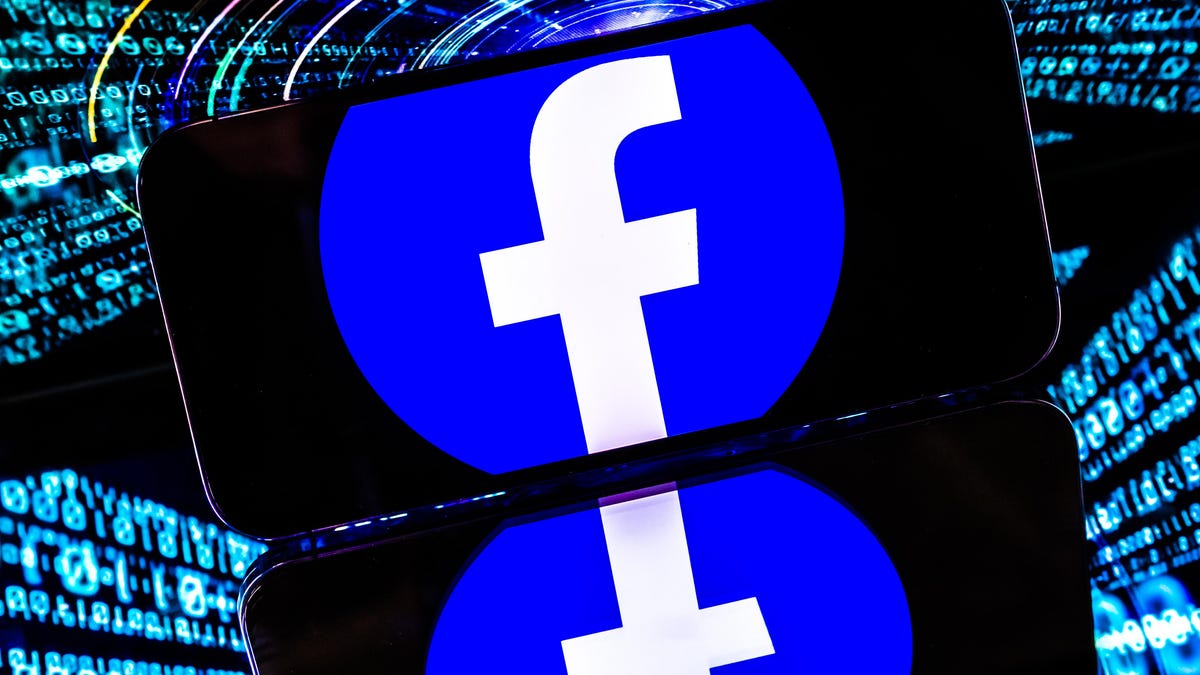Facebook is 'bullish' about bringing more people online despite scrutiny
The social network says it's helped expand access to faster internet for more than 300 million people.

Facebook has been working on different ways to expand access to high-speed internet.
A day after Facebook experienced a massive outage, the social network's executives and engineers gathered via video to chat about the company's efforts to bring more people online.
The impact of the six-hour outage wasn't lost on Facebook Chief Technology Officer Mike Schroepfer. People couldn't message their family and friends and businesses couldn't promote their products.
"It is a good reminder of the importance of the work we are doing today, how the thing that we all take for granted -- high speed reliable internet access, that connects us to people around the world -- is something that's lacking for billions of people around the world," he said.
On Thursday, Facebook announced that since 2013 the company's connectivity efforts have increased access to faster internet for more than 300 million people. The company has been working on various ways to expand internet access to the next billion, using robots to install fiber cables on power lines, laying down subsea cables to connect Europe and the US and deploying wireless technology called Terragraph in remote areas.
All of these projects underscore how Facebook plans to play an even bigger role around the world even as it faces more government scrutiny. This week, former Facebook product manager and whistleblower Frances Haugen accused the company of putting its profits over the safety of its users in her testimony before Congress. Haugen gathered internal company research, some of which The Wall Street Journal used to publish a series of stories about how the company knew about the harms its platform causes but plays down these issues publicly. Facebook says its internal research is being mischaracterized and says it cares about user safety.
Facebook's connectivity efforts could also benefit the social network. If the company can bring more people online, it can also grow the number of users in developing countries and remote areas. Facebook's user growth, though, has brought on more content moderation challenges. The Wall Street Journal reported that employees have raised concerns about how the platform is used in developing countries by drug cartels and human traffickers. The social network's response has been "inadequate," according to The Journal.
Schroepfer said he's still "bullish" about bringing internet access as a fundamental human right to the world and there are an entirely separate set of issues with content moderation. The company, he said, not only invests in content moderation but technical systems that work across multiple languages.
Facebook's efforts to expand internet access have also encountered setbacks throughout the years. Last year, Oregon residents expressed anger after Facebook abandoned broken equipment and thousands of gallons of drilling fluid under the seabed as part of a subsea cable project. The company in 2018 quietly abandoned plans to build solar-powered drones to beam internet to remote areas.
In 2016, India banned Facebook's Free Basics app because of concerns it favored some internet services, including the social network, over others. Facebook then opened up Free Basics to developers so they could add other websites to the app.
Dan Rabinovitsj, Facebook's vice president of connectivity, said the company learned from its early days and the social network's intention isn't to create a curated or controlled version of the internet.
"The result of this work will be, you know, good for Facebook, but it's been good for everyone with a digital property," he said.

